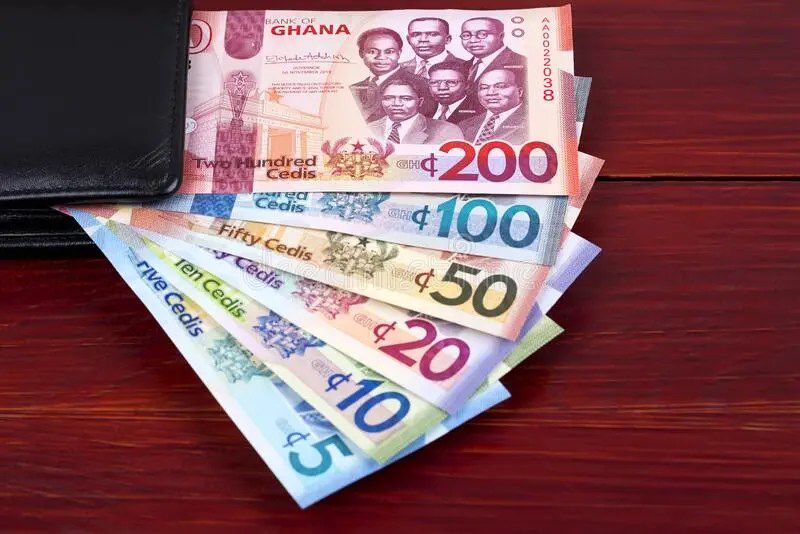Ghanaian Cedi Demonstrates Resilience Against Major Currencies
The Ghanaian cedi has exhibited remarkable stability against major international currencies, particularly the United States dollar, as of April 7, 2025. This stability is reflected in the relatively narrow spread between buying and selling rates across various exchange platforms. The cedi’s performance underscores ongoing efforts by the Bank of Ghana and other stakeholders to manage volatility and maintain a stable exchange rate environment. This stability is crucial for encouraging international trade, attracting foreign investment, and managing inflation, all of which contribute to a healthy and growing Ghanaian economy.
Varied Exchange Rates Across Different Platforms
While the cedi remains generally stable, slight variations in exchange rates are observed across different platforms, reflecting the diverse landscape of the foreign exchange market. Forex bureaus, catering primarily to individual customers, offer rates of GHS15.70 for buying dollars and GHS16.00 for selling dollars. These rates, slightly higher than interbank rates, incorporate operational costs and profit margins for the bureaus. Meanwhile, the interbank market, where larger financial institutions trade currencies, sees the cedi trading at GHS15.53 for buying dollars and GHS15.54 for selling dollars. This narrower spread reflects the higher volumes and lower transaction costs associated with interbank trading. Understanding these nuances is crucial for individuals and businesses engaging in foreign exchange transactions to optimize their exchange rates.
Competitive Landscape of Money Transfer Services
Money transfer services, particularly those specializing in remittances from abroad, play a vital role in the Ghanaian economy. Platforms like LemFi and Afriex offer competitive exchange rates for transferring funds from the US, UK, and Europe to Ghana. These services often provide more favorable rates compared to traditional banking channels due to their streamlined operations and focus on specific currency corridors. For instance, LemFi and Afriex offer rates of GHS15.39 and GHS15.40 per dollar, respectively, for transfers from the US or the UK. This competitive landscape benefits Ghanaian recipients of remittances by maximizing the value of the funds they receive.
Exchange Rates for Other Major Currencies: British Pound and Euro
The Ghanaian cedi also exhibits relative stability against other major currencies, including the British pound and the euro. For the British pound, average exchange rates are GHS19.83 for buying pounds and GHS20.55 for selling pounds at forex bureaus. For the euro, the rates are GHS16.77 for buying and GHS17.51 for selling. Similar to the dollar, the interbank market offers slightly tighter spreads for both the pound and the euro. The Bank of Ghana interbank market quotes the pound at GHS20.06 and the euro at GHS17.09. These rates reflect the relative strength of the cedi against these currencies and contribute to the stability of the overall foreign exchange market.
Digital Subscription Payments: A Specific Case
Digital subscriptions for services like Netflix, Spotify, and Apple Music, typically processed via international payment platforms like Visa and Mastercard, utilize a specific exchange rate. These platforms often employ their own exchange rate mechanisms, which may differ slightly from the prevailing market rates. In this instance, the exchange rate for such transactions stands at GHS16.64 for both Visa and Mastercard. This standardized rate simplifies the payment process for users but may result in slightly different costs compared to using other exchange channels. Consumers are advised to be aware of these variations when making international digital payments.
Overall Stability and Future Outlook
The current stability of the Ghanaian cedi against major currencies paints a positive picture of the Ghanaian economy’s resilience and the effectiveness of ongoing monetary policies. The relatively tight spreads between buying and selling rates across different platforms indicate a healthy and functioning foreign exchange market. However, ongoing vigilance and proactive measures are necessary to maintain this stability in the face of potential external shocks and global economic fluctuations. The continued monitoring and management of exchange rates will be crucial for sustaining economic growth and fostering confidence in the Ghanaian cedi.














